Get In-Depth Data to Fuel Your Strategy
updated August 2024
Negotiating an effective sponsorship agreement is critical to collaborative success in a marketing partnership between a brand and rights holder. In this post, we'll guide you through eight considerations when negotiating your sponsorship deals. These insights will help streamline the negotiation process, ensuring partnerships are not only successful but also mutually beneficial and strategically aligned.
1. Terms and Conditions
Start by defining the duration of the partnership, specific rights granted to the sponsor, and any exclusivity clauses. Clear language will prevent misunderstandings and disputes, balancing both parties' interests for a successful partnership.
2. Clear Objectives
Establishing clear objectives for the partnership ensures that both the brand and rights holder align their expectations and goals. This could range from enhancing brand awareness to achieving specific marketing metrics (and anything in between). A mutual understanding of these goals is essential for the sponsorship to support the strategic objectives of both entities effectively.
3. Mutual Benefits
A successful sponsorship agreement should offer reciprocal advantages for both parties, so it's important to articulate what each side brings to the table and how these contributions result in shared success. This approach fosters a spirit of collaboration and helps build a relationship that is more than just transactional.
4. Legal Considerations
The legal framework of a sponsorship agreement safeguards the interests of both parties. This includes ensuring compliance with relevant laws, protecting intellectual property, and establishing dispute resolution mechanisms. A comprehensive understanding of all legalities (along with a proactive approach to addressing potential issues) is crucial for a secure and effective partnership.
5. Financial Terms
A transparent discussion about financial commitments and expectations forms the backbone of the agreement. This conversation should cover the sponsorship fees, payment timelines, and any other financial arrangements (e.g. profit-sharing models, licensing fees, performance incentives, etc.). Clear financial terms eliminate ambiguities, fostering trust and understanding between the parties.
6. Activation and Deliverables
Marketing and sponsorship activation and deliverables should be precisely defined in the agreement. This includes the specifics of brand exposure, promotional activities, and any experiential events planned. Aligning expectations for all activations and deliverables will help guarantee that the partnership delivers the desired visibility and impact for both parties.
7. Measurement and Reporting
Establishing how the sponsorship's success will be measured and reported is vital. This entails agreeing on key performance indicators (KPIs) and other sponsorship data or sponsorship intelligence, the frequency of reporting, and the format for assessing performance. Such agreements enable ongoing evaluation, a proper feedback channel, and the opportunity to adjust and optimize strategies for continuous improvement throughout the life of the partnership.
8. Communication and Relationship Management
Effective communication and ongoing relationship management are crucial to the success of any sponsorship. Regular check-ins, transparent updates, and open channels for feedback ensure both parties stay aligned throughout the partnership. By fostering strong communication, brands and rights holders can proactively address any challenges, celebrate successes, and continuously strengthen their collaboration. This approach not only helps maintain the current sponsorship but also paves the way for future opportunities.
Final Thoughts
Brands and rights holders can more easily navigate the complexities of sponsorship negotiations by addressing these eight things. This approach not only ensures that the foundational aspects of the agreement are solid but also that the partnership is poised for long-term success. Thoughtful consideration will result in partnerships that offer significant value beyond the contractual obligation and could even lead to additional sponsorship opportunities in the future.
When reviewing negotiation considerations, you'll also want to assess the type of sponsorship you're creating, understand your audience for the new partnership, and learn how to craft a partnership proposal.
Sign up for a quick demo to learn more about our media and sponsorship database. Clients might refer to our sponsorship platform as a sponsorship marketing platform or even a sponsorship analytics platform since we track over 386,000 brands, 2.1 million deals, and 17.6 million data points across sports, entertainment, media, and talent.
.png)

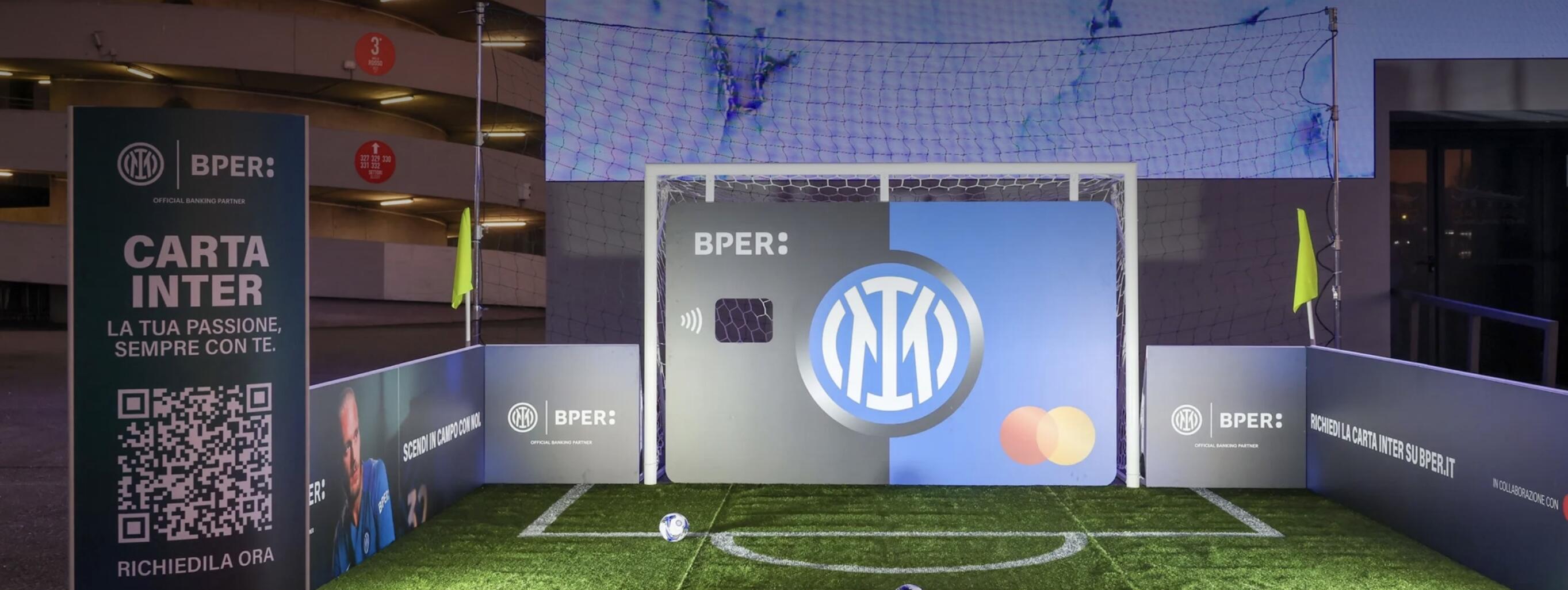
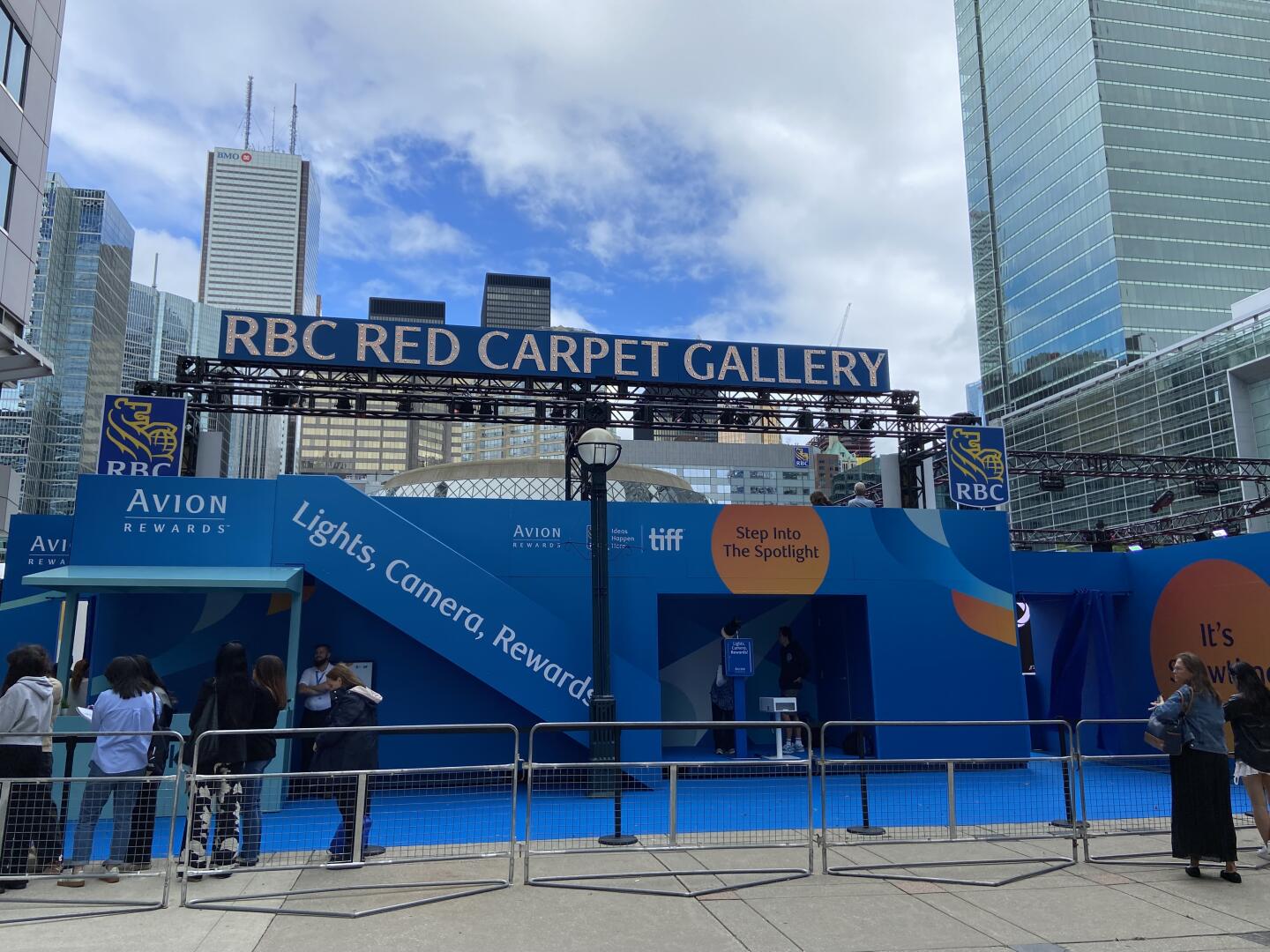



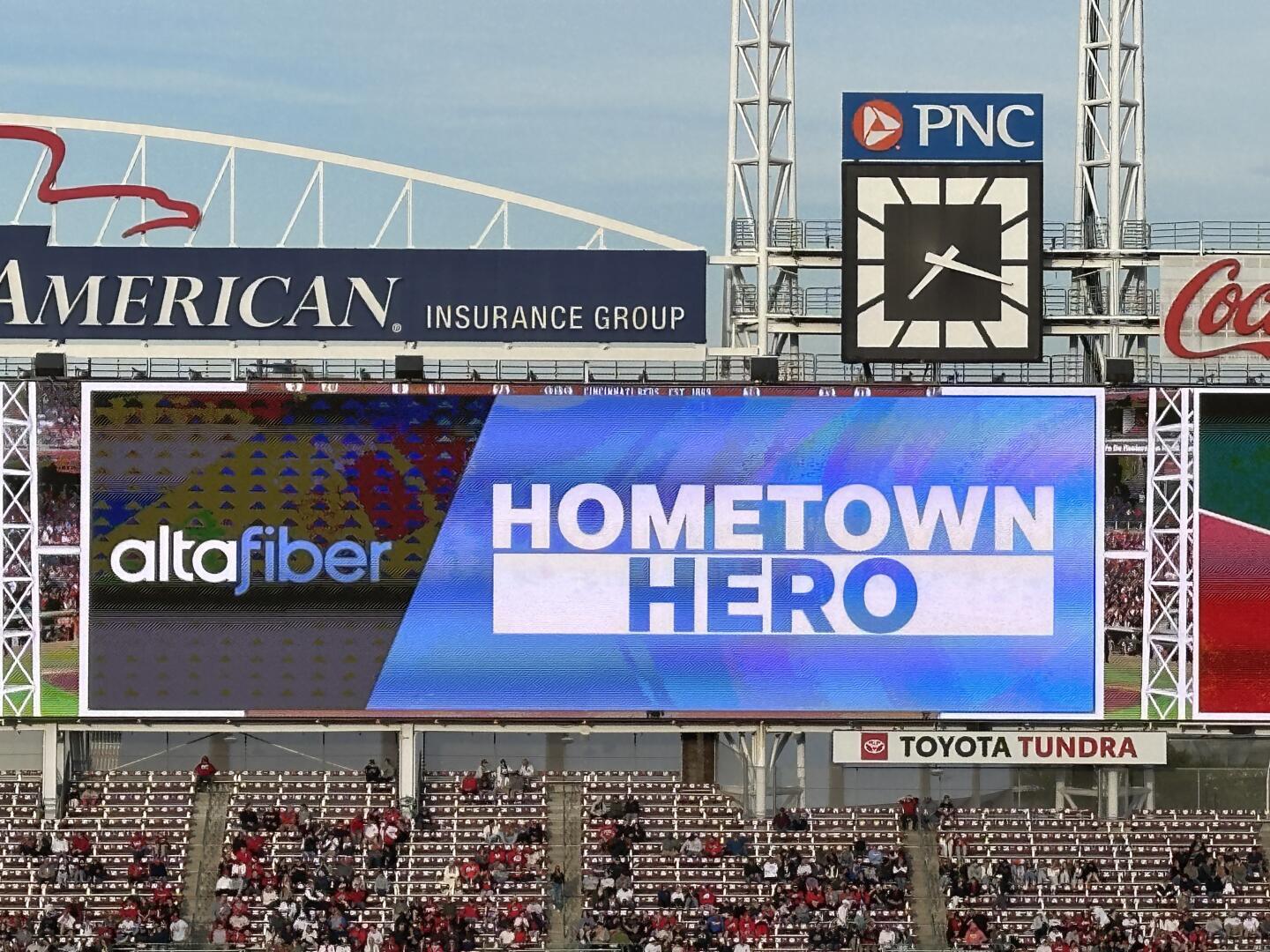


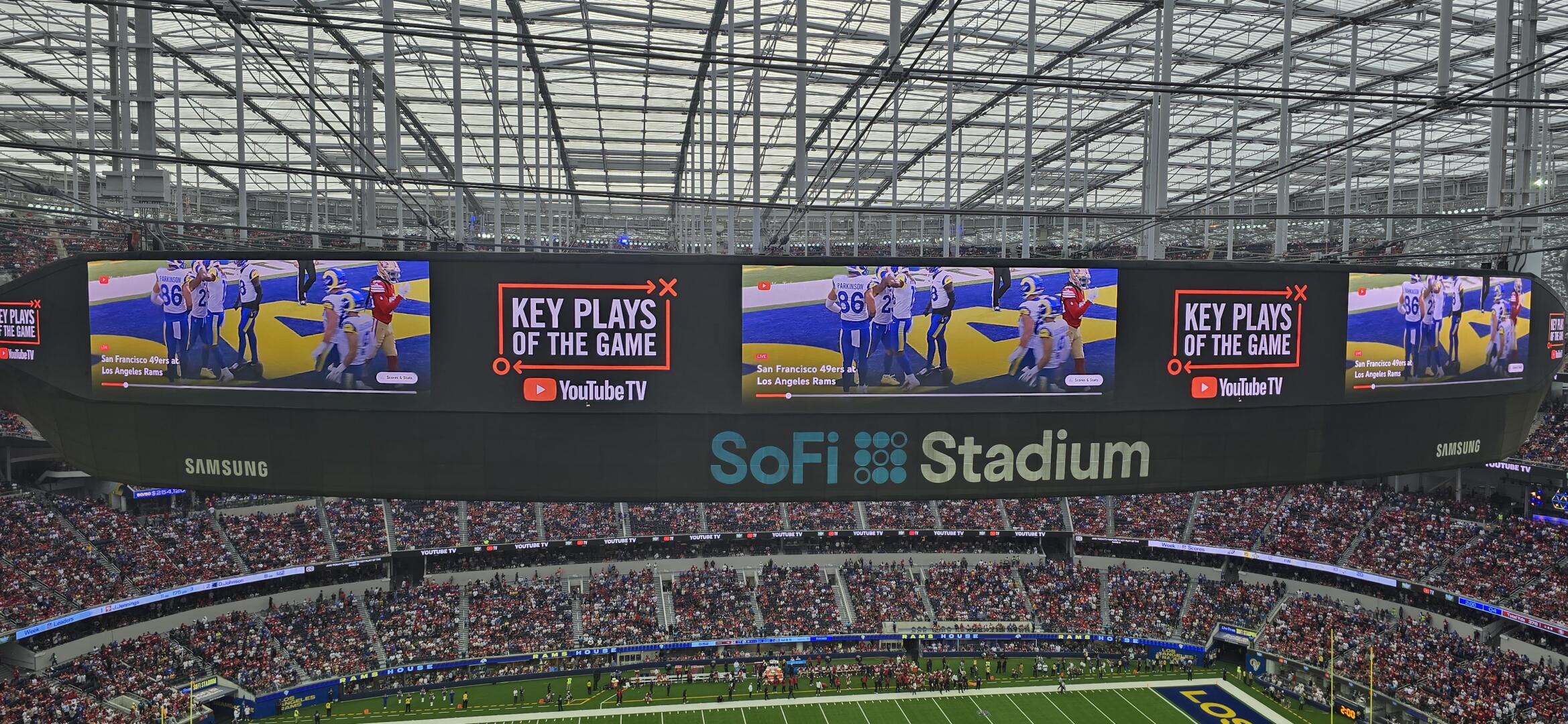



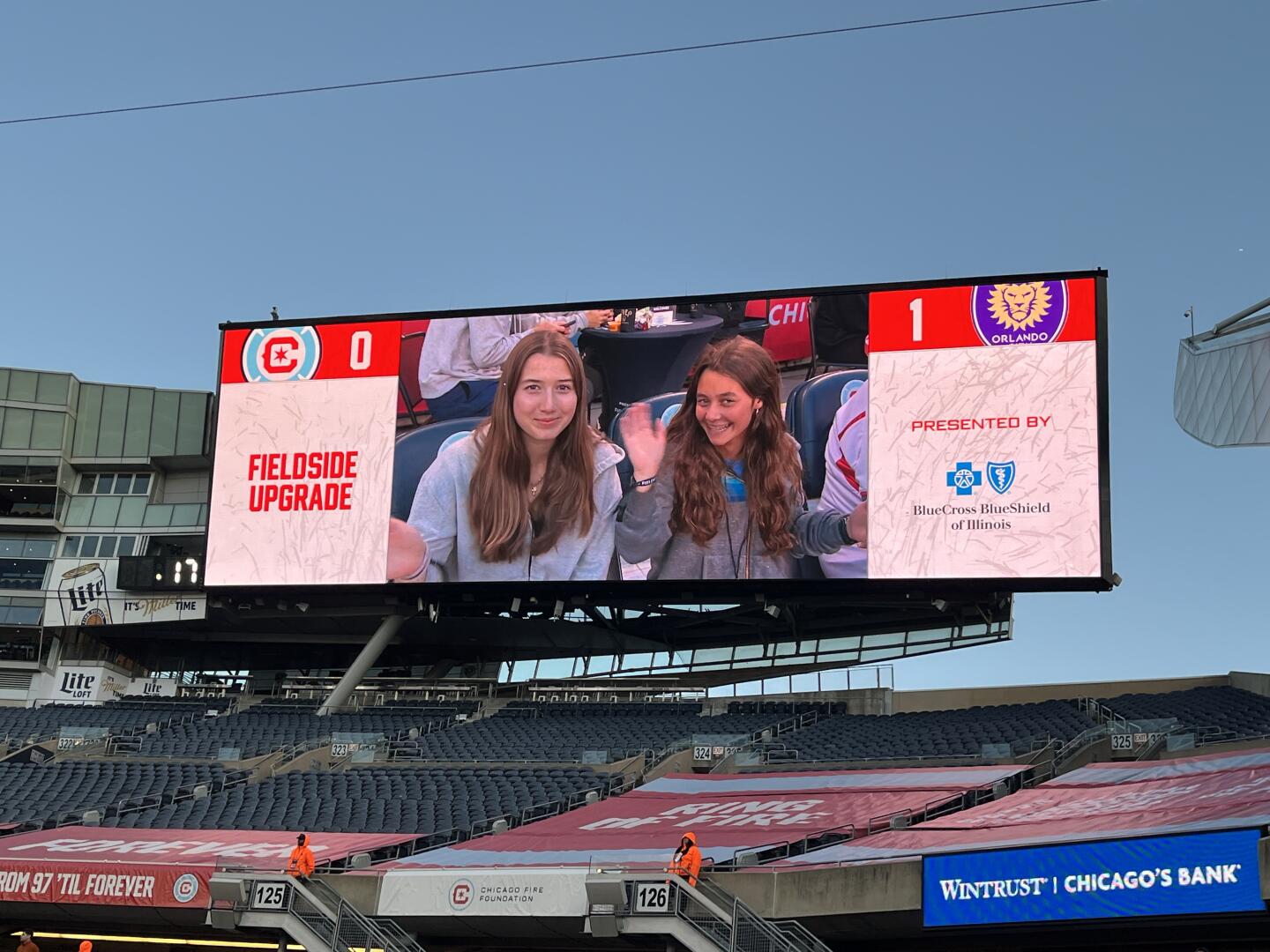






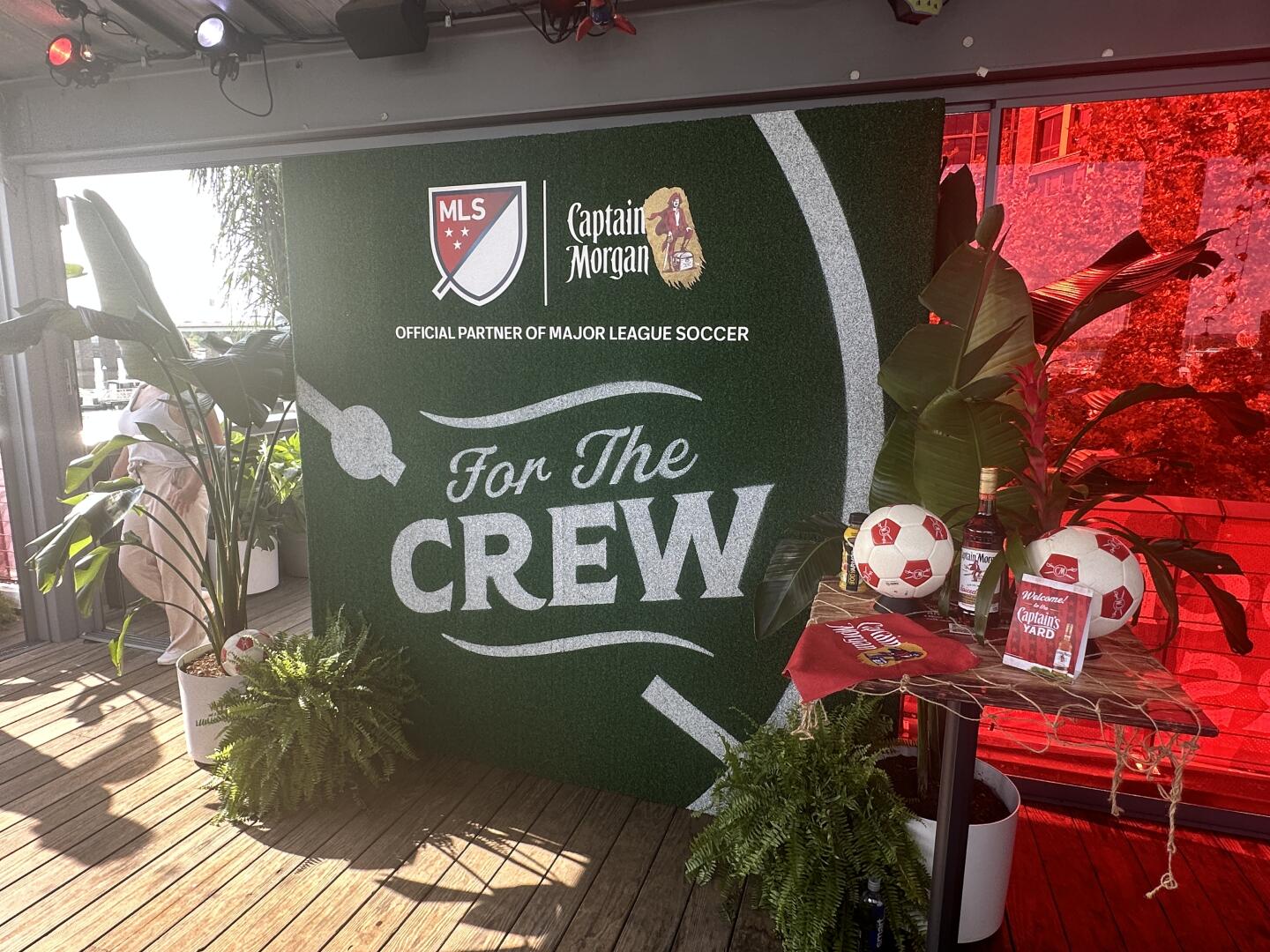


.jpeg)
.jpeg)

.png)
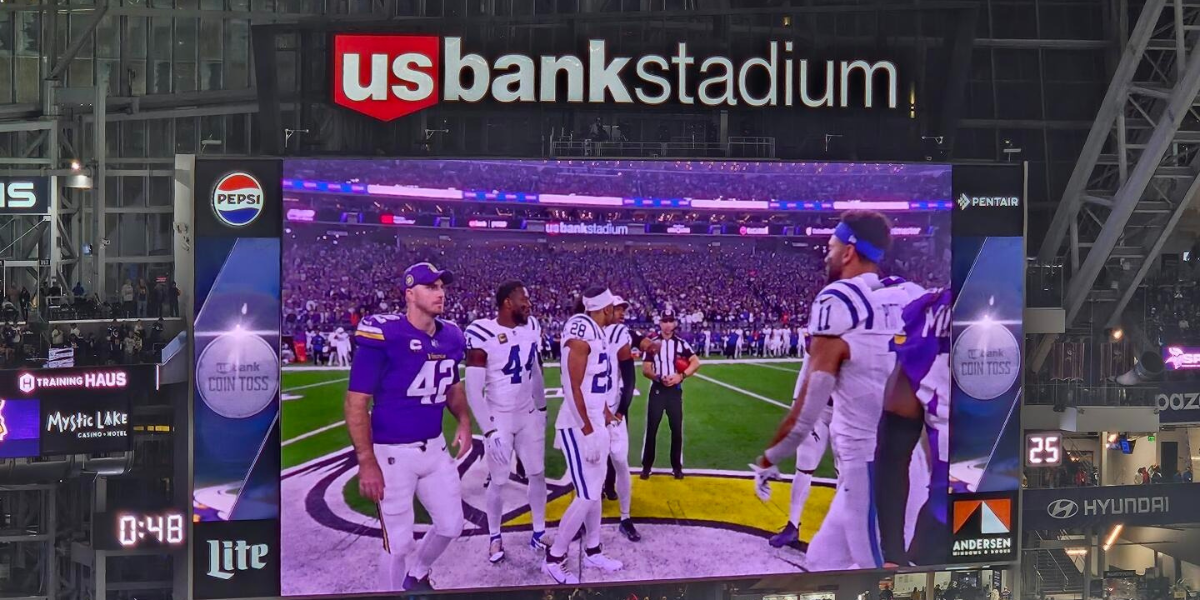
.jpeg)
